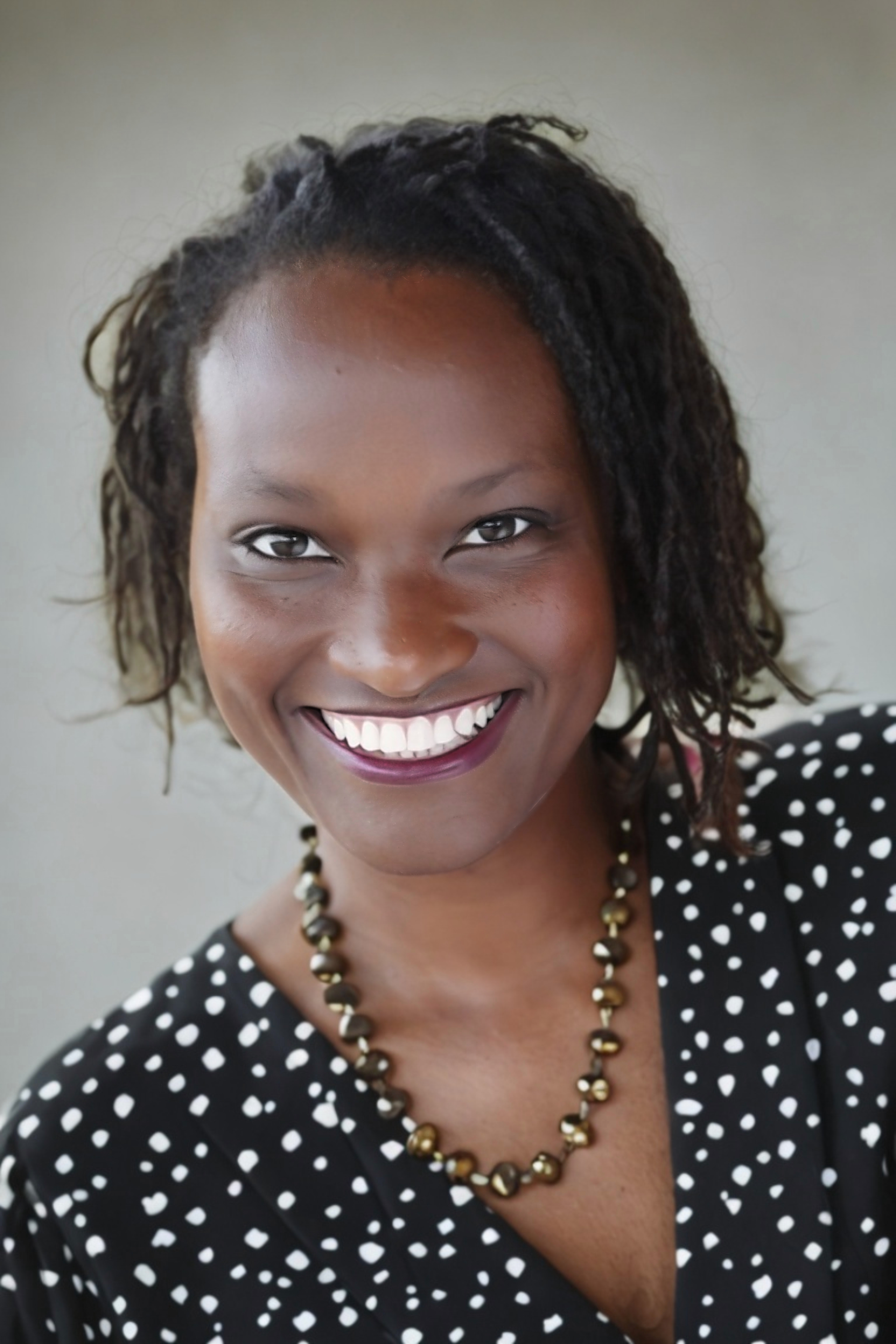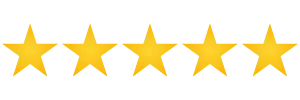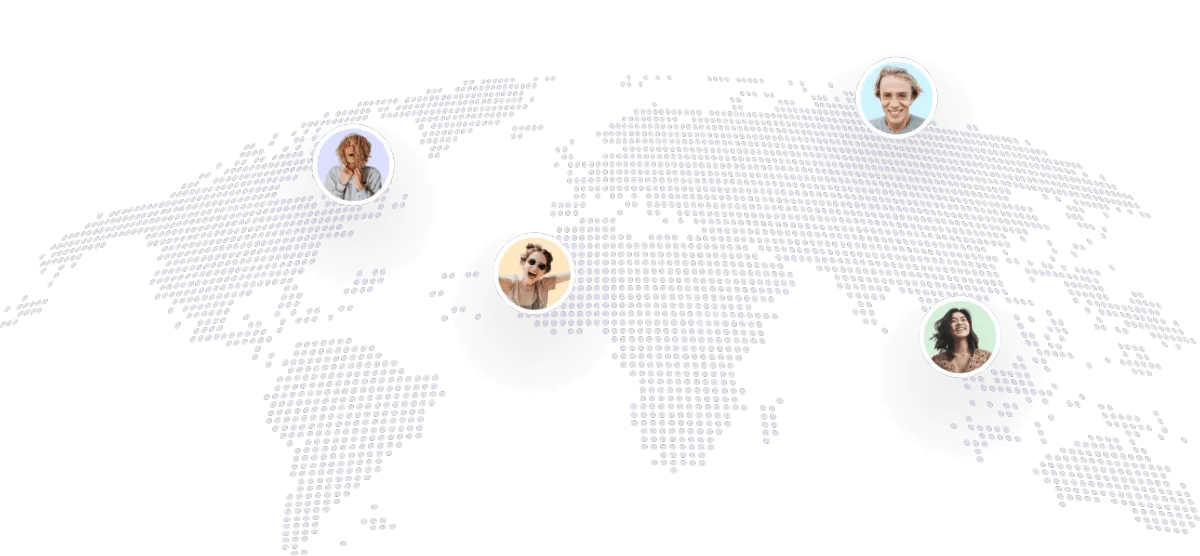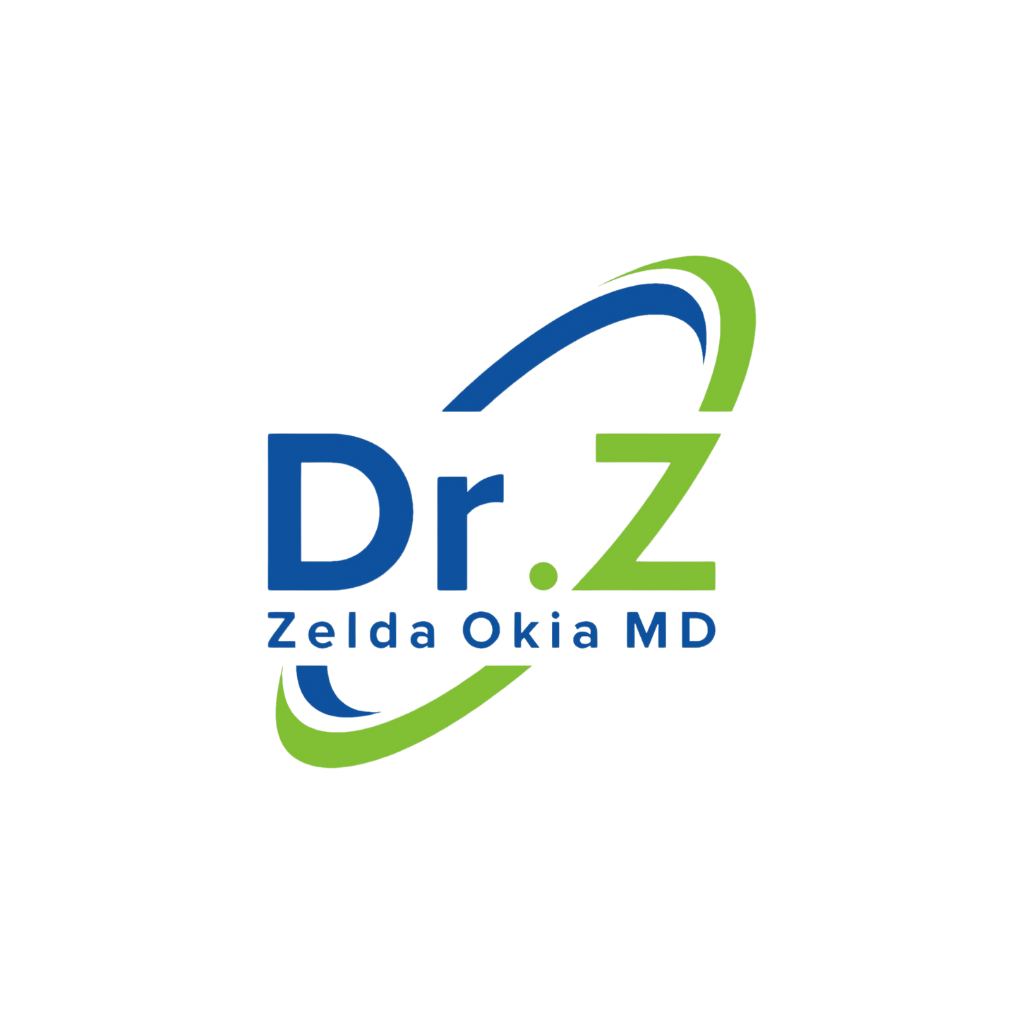Discover Freedom with food
Sustainable Weight Loss Without Costly Medication
Are you struggling to manage your emotions and achieve your dream weight?

Download your free guide!
Get a free gift to get you started on the right track.
( 100% free download )
Lose Your Obsession with Food
Are you ready to stop obsessing about food? Are you fearful of the negative health consequences of being overweight? Dr. Z is a Life and Weight Loss Coach with a focus on helping individuals who are ready to abandon the yo-yo dieting and live a life of abundance.
Any of this sound like you?
Bullet list points lorem ipsum dolor elit momentum hava de some.
Bullet list points lorem ipsum dolor elit momentum hava de some.
Bullet list points lorem ipsum dolor elit momentum hava de some.
Bullet list points lorem ipsum dolor elit momentum hava de some.

SUB-HEADLINE TEMPLATE IPSUM
I used to struggle with exactly the same thing.
Lorem ipsum dolor sit amet, consectetur adipisicing elit. Autem dolore, alias, numquam enim ab voluptate id quam harum ducimus cupiditate similique quisquam et deserunt.
Texting autem dolore, alias, numquam enim ab voluptate id quam harum ducimus cupiditate similique quisquam et deserunt.
Real people. real results.
What others say about us

"Testimomnial lorem ipsum dolor sit amet, consectetur adipisicing elit. Autem dolore, alias, numquam enim dolor elit."
- Best name ever


"Testimomnial lorem ipsum dolor sit amet, consectetur adipisicing elit. Autem dolore, alias, numquam enim dolor elit."
- Best name ever


"Testimomnial lorem ipsum dolor sit amet, consectetur adipisicing elit. Autem dolore, alias, numquam enim dolor elit."
- Best name ever

MEET YOUR MENTOR
Natalie Jordan
Lorem ipsum dolor sit amet, consectetur adipisicing elit. Autem dolore, alias, numquam enim ab voluptate id quam harum ducimus cupiditate similique quisquam et deserunt.
Bullet list points lorem ipsum dolor elit momentum.
Bullet list points lorem ipsum dolor elit momentum.
Bullet list points lorem ipsum dolor elit momentum.

HOW WE CAN HELP
Choose your path

FREE GIFT
Gift Headline
Lorem ipsum dolor sit amet, consectetur adipisicing elit.

ONLINE COURSE
The Course™
Lorem ipsum dolor sit amet, consectetur adipisicing elit.

VIRTUAL EVENT
Vip Tickets
Lorem ipsum dolor sit amet, consectetur adipisicing elit.

1 on 1 coaching
Coaching experience
Lorem ipsum dolor sit amet, consectetur adipisicing elit.
WORLDWIDE COMMUNITY
Join the online Boss Movmnt™
Lorem ipsum dolor sit amet, consectetur adipisicing elit.

Copyrights 2023 | Your Brand™ | Terms & Conditions
